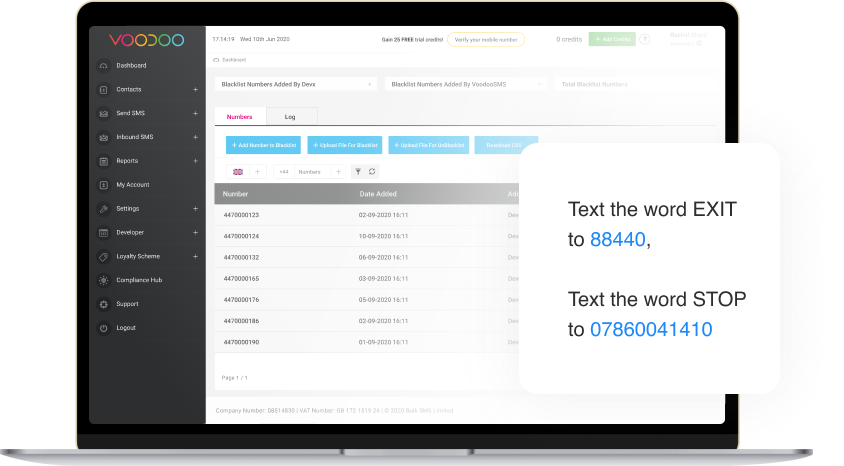Recommended Tips For Picking Credit Card Apps
Wiki Article
What Behaviour Is Deemed As Suspicious And Could Result In A Card Being Blacklisted?
A variety of behaviors or activities could cause red flags and be considered suspicious, potentially that could lead to a credit or debit card being blocked or flagged by the issuer of the card or a financial institution. A few examples of suspect behavior are: Unusual Spending Patterns-
An abrupt increase in money spent or an abrupt change from the usual behavior of a cardholder could raise suspicion.
Unrecognized Transactions-
Fraud can be detected by any suspicious or unauthorised transactions that are reflected on the statement. These transactions are ones that the cardholder didn't create or approve.
Multiple Declined Transactions
Multiple failed or declined transactions within a short time and especially when the cardholder has a good transaction history, might indicate a potential issue.
Geographic Anomalies
Transactions made from places that are far from the usual spending area or multiple transactions from different geographic locations in a short time can raise suspicion.
Types of Purchases Abnormal-
Unusual purchases of high value items, or that are inconsistent with the cardholders' spending habits, might be reported.
Uncommon Online Behavior
Unusual or unanticipated internet activity can indicate unauthorized access. This includes multiple failed logins or changes to your account details.
Unusual Use of Cards
It is possible that a card was used in a manner that's not in line with its normal usage, such as when it was suddenly utilized to make international purchases when the card has been typically used locally.
Sudden Cash Advances and Transfers
The large amount of cash advance or transfer that are not normal for the person who is using the card may trigger alerts.
Frequent transactions that require a credit card
Atypically high number of transactions (online, over the telephone or any other method) with cards that are not present with previous experiences could lead to suspicion.
Issues with Identity Verification
There could be suspicion if there are issues in confirming the cardholder’s identity, especially if additional verifications are required.
These actions, along with other things, could trigger the card issuer's fraud detection or monitoring systems which prompt them to investigate and potentially suspend the card for a period of time until the identity of the cardholder or the legitimacy of the transactions is confirmed.
What Does A Credit Card Being Blacklisted Refer To?
If a debit or credit card is put on a"blacklist", it is a sign that certain transactions are temporarily prohibited until the issue is solved or verified. There are many different reasons why a card may be put on the blacklist.
The card can be blocked to ensure security is an option in the event of suspicions of fraud.
Security Concerns: If there are any indications of a breach (unauthorized access to data, breaches of cards, or irregular spending patterns) The card could be flagged for security reasons.
Identity Verification Issues - If you have difficulty in proving the identity of your cardholders in transactions, especially when you require additional verification, the card may be temporarily blocked.
Card Lost or Stolen - If you report the loss or theft of your credit card the card issuer will stop access to the card until a replacement has been issued.
Suspicious Signs: Any behavior or activity associated with the credit card which creates an suspicion, such as multiple declined transactions (or geographical anomalies), unusual spending patterns or unusual geographical locations that could result in the blocking.
A card that is listed as blacklisted may restrict the ability of the holder to apply for credit, or to purchase items using the card. This may be until the issuer of the card confirms the authenticity of the account, or addresses any concerns regarding security or fraud. It's crucial for the owner of the card to contact the issuer promptly to address the issue, confirm transactions, and resolve any security concerns that may be related to the card.

What Qualified Persons Can Check Credit Card Numbers Using An Application For Blacklisting?
These professionals include: Fraud Analysts- Trained people working in financial institutions who specialize in identifying and analyzing fraudulent activities related to credit cards. These experts are called Fraud Analysts, who are educated by banks to identify and investigate suspicious activities that involve credit cards. They use specific software and tools to identify patterns or irregularities as well as potentially stolen card numbers.
Cybersecurity Experts: Professionals with specialization in cybersecurity. These experts analyze and detect cyber-attacks including stolen credit card numbers. They focus on preventing data breaches, analyzing data for signs of compromise, and taking security measures.
Law enforcement officers - Units or individuals within the law enforcement agencies who specialize in financial crimes such as credit card fraud. They have access to databases and other resources to monitor and analyze fraud-related activities.
Compliance Officers- Professionals who are in responsible for ensuring compliance to the law and regulations applicable to financial transactions. They may supervise processes for identifying suspicious activity related to credit card.
Databases that hold blacklists of credit cards and the authority to verify credit card information against these lists are strictly controlled and require a legal authorization, for example being part of an official investigation into financial crimes or having specific permissions granted by authorized entities.
These professionals and teams use special programs, protocols, and legal processes to compare credit card numbers to blacklists. They must also adhere to strict privacy regulations and security standards. To ensure your credit card information is not hacked, always rely on trusted professionals and institutions. Access or use that is not authorized of credit card "blacklists" could result in legal consequences. Read the top savastan for website info.
